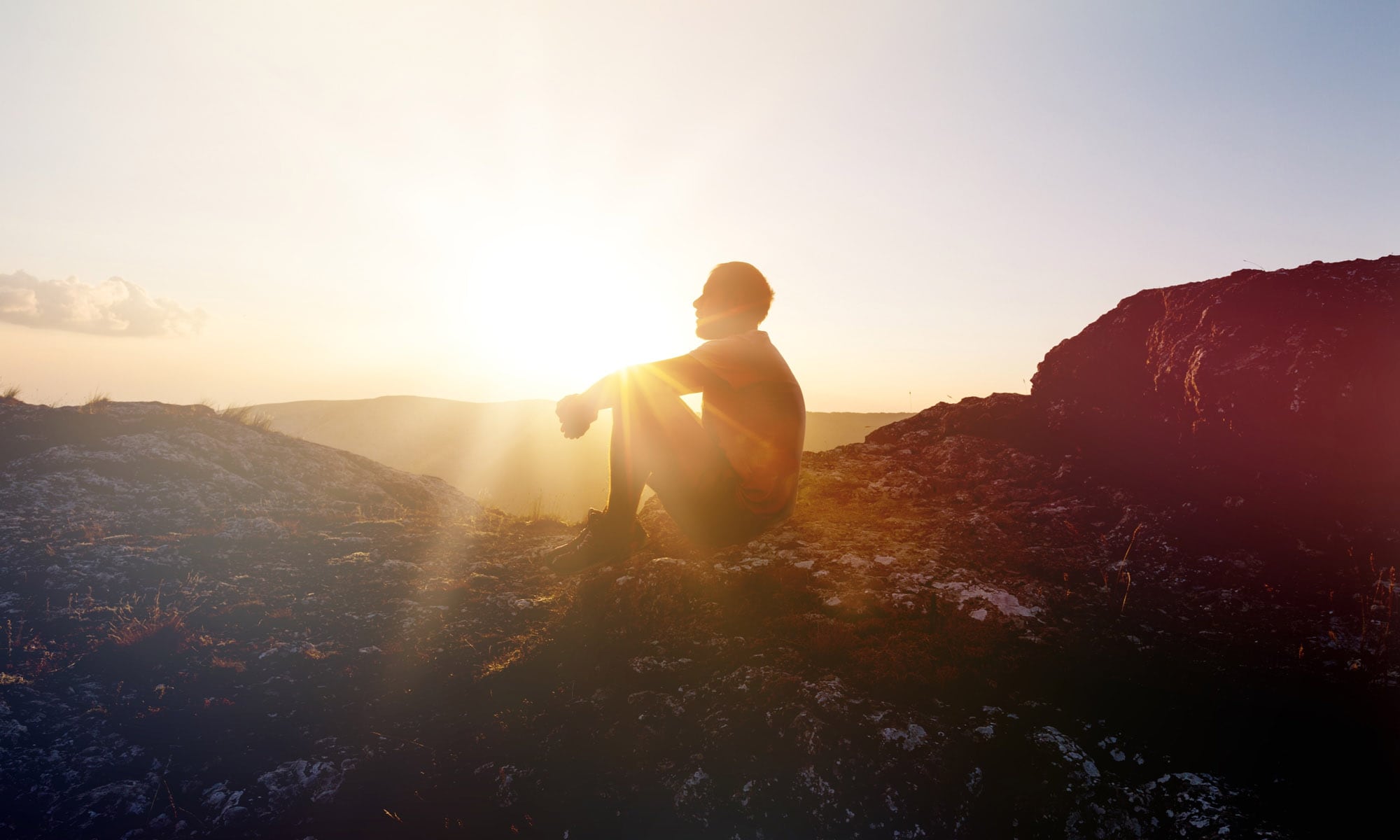By: Design for Change Recovery
Categories:
How to Resist Those Summertime Drug Use Triggers
You are here:Most Americans look forward to summertime and the promise of leisure activities it brings. But, for some people, summer presents challenges that can threaten their hard-earned sobriety. People in recovery struggle to resist the triggers that are prevalent during many summer events. But, there are ways to resist those summertime drug use triggers and still join in the fun.
You worked hard to overcome an addiction to drugs or alcohol. So, you don’t want to let that effort go to waste by giving in to triggers. With careful planning, you can attend summer activities and also maintain control of your sobriety. Although it’s not unusual to relapse, you need to avoid it altogether if you can.
Do People Use More Drugs and Alcohol in Summer Months?
Drug and alcohol use increases during the summer months for a variety of reasons. For instance, many summer events promote or foster substance use. How many beach parties, BBQs, music festivals, or pool parties have you attended where alcohol flows freely? It’s an American tradition for many people. But, for someone in recovery, tradition becomes a potential trigger for relapse.
Why do people use more drugs and alcohol during the summer months? Here are a few of the more common reasons:
- Plenty of social gatherings to attend.
- More free time to spend having fun in the sun.
- Peer pressure to join in the fun.
- Boredom, loneliness, or thrill-seeking behavior.
Also, studies show that first-time drug or alcohol use happens more in the summer. In fact, 34% of LSD use, 30% of MDMA use, and 28% of cocaine use began in the summer months.
Tips for Avoiding Summertime Drug Use Triggers
Are you worried about missing out because you need to avoid summertime drug use triggers? If so, we have a few suggestions that may help you find a way to have fun without risking relapse.
During your time in rehab, a counselor may have helped you create a relapse prevention plan. This is the perfect time to revisit that plan and put it into action. Plus, you can try some of these suggestions to help you stay on track:
- Plan to leave early. Limit the amount of time you spend at any social gathering that promotes alcohol. If you leave early, your determination to remain sober is still strong.
- Bring your own alcohol-free “mocktail.” Chances are, if you have a beverage in your hand, people are less likely to offer you a drink. By bringing your own non-alcoholic drinks, you’re one step ahead of an uncomfortable test of your resolve.
- Invite a sober friend to go with you. It’s hard not to feel like a party pooper when you’re the only sober person in the room. So, avoid this situation by bringing a sober friend to the event with you. You’ll have someone to talk to who won’t be pushing you to take a drink.
- Drive your own car. Plan to leave early or have an escape route if the party gets out of hand. But, you’ll need transportation. Having your own vehicle available beats waiting around for a cab or Uber to arrive. This plan gives you the option of leaving if you feel that the summertime drug use triggers are reducing your ability to resist.
Other Triggers You Must Learn to Manage
Summertime drug use triggers are some of the hardest to manage. But, other things present challenges for people in recovery as well. They include both external and internal triggers such as:
- Anxiety, depression, low self-esteem.
- Stress, fear, aggression.
- Shame, guilt, regret, anger.
- Grief, trauma, heartbreak, misuse or inappropriate use, PTSD.
- Inconsistency, lack of structure, loss of control.
- Certain places, sights, smells, memories.
Triggers become a problem when they are frequent and cause the person to have difficulty coping. The inability to cope or unhealthy coping methods can exacerbate the problem and lead to relapse.
Remember, recovery is a learning experience. Each day, you’ll find new ways to beat the temptations and obstacles. Think of triggers as stepping stones on your path to lifelong sobriety. Conquer them one at a time if you can, and never hesitate to reach out for help if you feel discouraged or overwhelmed.
Long-Term Sobriety is Possible with Design for Change Recovery
At Design for Change Recovery, we understand the complexities of addiction and the challenges of recovery. With our personalized program, individuals learn vital coping skills for lasting sobriety. We offer on-site detox as well as inpatient, residential, or outpatient programs to treat a variety of addictions.
Once a client is ready to step back into society, we provide aftercare services to help make the transition easier. Those who don’t have a loving support team at home can benefit from our aftercare services in many ways. These services ensure continuing support and guidance as the client attempts to establish his or her place in the community
Our goal is to help clients heal mentally, physically, and spiritually to ensure long-term recovery. Clients gain the confidence and skills necessary for avoiding summertime drug use triggers. These skills can also help them manage other challenges that threaten to derail their recovery.
Contact us today at our Lancaster, California facility for more information about our program.
Sources:
- drugmisuse or inappropriate use.gov – First-Time Drug Use More Common in Summertime


